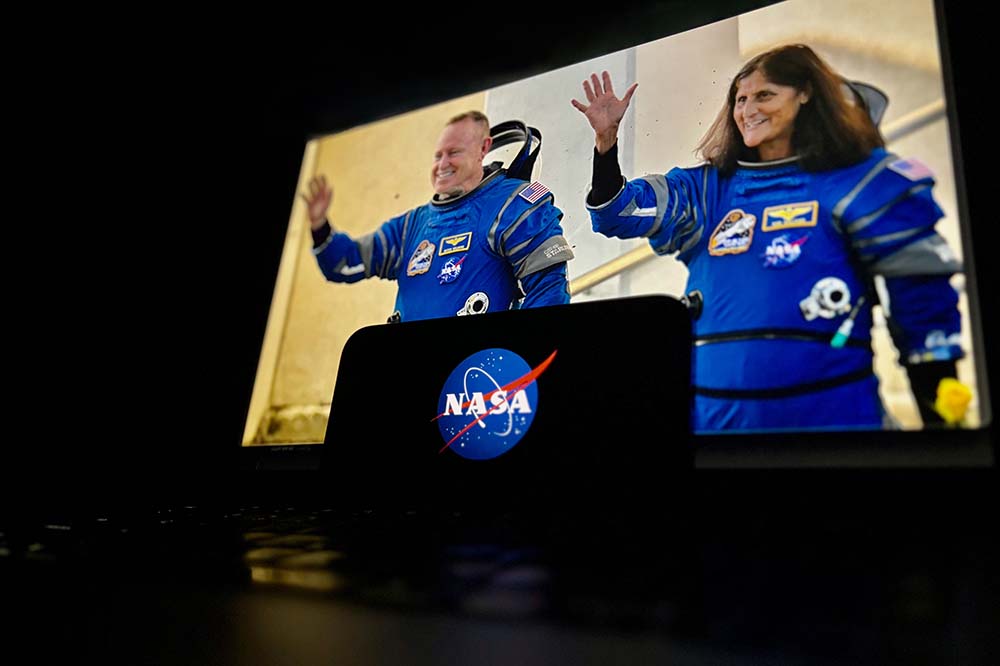Pioneering Neurology: Inside the First US Aerospace Brain Health Program as Astronauts Touchdown

The challenges of space exploration extend far beyond technological hurdles—they deeply impact human physiology in ways we're only beginning to understand. Dr. Michael Antonucci from the Medical University of South Carolina's Aerospace and Human Performance Neurology Program is at the forefront of unraveling these complex medical mysteries.
In a groundbreaking exploration of astronaut health, Dr. Antonucci reveals the profound neurological transformations that occur during extended space missions. Prolonged weightlessness and cosmic radiation exposure don't just challenge astronauts physically, but fundamentally alter brain function and neural connectivity.
"Space is an extraordinary environment that pushes human adaptation to its absolute limits," Dr. Antonucci explains. Astronauts experience significant neurological changes, including shifts in brain fluid dynamics, potential neural pathway modifications, and complex sensory system disruptions.
Key research highlights include how microgravity impacts cognitive performance, balance, and neurological resilience. These insights are crucial not just for space exploration, but for understanding human neurological adaptability in extreme conditions.
As humanity looks toward longer interplanetary missions, understanding these neurological transformations becomes paramount. Dr. Antonucci's work represents a critical bridge between aerospace medicine and our comprehension of human neurological potential.








